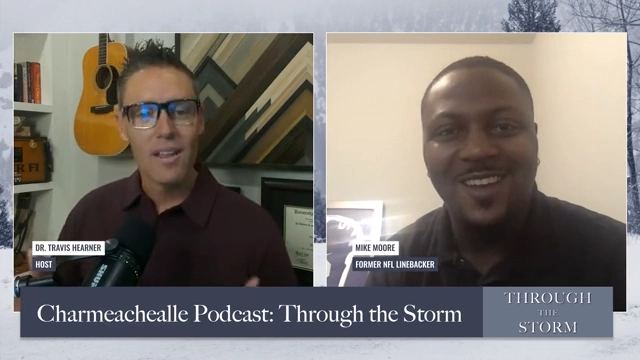Motor Fuels Tax Minute – Episode 48: Audit Tips
In this week’s episode of Motor Fuels Tax Minute, our hosts introduce Supervisor and Motor Fuels team member, Bryan Ruwaldt, who offers audit tips.
For information or assistance, contact us. We are here to help.
©2024
Detailed Description of Weaver’s Motor Fuels Tax Minute, Episode 48
00:00:00
Kelly: Thank you for joining us on this week’s Motor Fuels Tax Minute where we talk all things motor fuel. Today we have one of our colleagues joining us, Bryan, and Emilda is just going to give him a brief introduction.
00:00:12
Emilda: Thanks, Kelly. I feel like I’ve known Bryan all my life. It’s funny, but we talk all the time. Bryan’s been with Weaver for three and a half years. He is a supervisor with our motor fuel excise tax team, and he has a lot of experience, so we rely a lot on him heavily from an audit side because of the experience he’s had with the state of Texas for ten years. With Bryan on our team, I feel like we’ve really considered all the different things about audit.
I’m going to go ahead and pass it over to him because he has a lot of good tips on this.
00:00:54
Bryan: Without getting into specific types of audits, we have some general audit tips for you today. As you know, audits vary depending on the entity performing the audit, the tax type, or the scope of the review being conducted.
So, first tip: be responsive. What I mean is, respond to queries and documentation requests timely, of course, but also to be vocal about realistic timelines for your own schedule. Let the auditor know about things like month-end or year-end closings that would interfere with the review. On the flip side, if you haven’t heard from the auditor in a while, and that does happen, reach out and let them know that you want to move the audit forward. It’s in your best interest to get it wrapped up quickly. Put the pressure back on the auditor to get the review done timely. Interest accrues on adjustments from when the error was initially made and continues to accrue until audit payment is made. The longer the audit is held open, the more interest accrues.
Be vocal. Work with the auditor to help them understand your business and your process. I’m not saying you should yell or use a hammer to drive your point home or anything, but guide the auditor through your system and procedures. Oftentimes, the audit ends up becoming a type of conversation, where you’re helping them to understand how you do things. If the auditor has a better understanding of how things are done, then they’ll be more receptive to documentation that you provide them and it’ll give you a voice in the audit, and it helps you to control the narrative of the audit. Generally, auditors are supposed to have an in-depth knowledge of the tax laws, although we all know that that’s not always the case. But each business is different. So, accounting systems and methods vary from business to business. Auditors don’t have in-depth knowledge of your particular accounting system, or your processes, and they rely on you as the taxpayers for guidance.
Always ask the auditor to provide support for their audit decisions, this one’s big. These decisions can sometimes be pretty vague, and if you can get written support from the auditor, do it. And if they don’t provide it, ask for it.
Click play above to hear the rest of the conversation.



